
A container ship leaves Qingdao Port, Shandong province. (YU FANGPING/FOR CHINA DAILY)
As global demand gains momentum, China's foreign trade is expected to maintain steady growth in the coming months, surpassing the usual seasonal fluctuations observed in previous years, trade experts and exporters said on Tuesday.
The resilience of China's foreign trade sector is supported by favorable global demand and ongoing policy adjustments, positioning it for sustained performance, they said.
China's foreign trade expanded by 4.9 percent year-on-year to 39.79 trillion yuan ($5.5 trillion) in the January-November period, while exports rose 6.7 percent yearly to 23.04 trillion yuan, statistics from the General Administration of Customs showed.
Bai Ming, a member of the Academic Degree Committee at the Chinese Academy of International Trade and Economic Cooperation in Beijing, said exports are expected to continue growing over the coming months due to higher overseas demand and foreign importers rushing to stock up in anticipation of potential tariffs by the United States next year.
China's exports grew by 5.8 percent on a yearly basis in November and its monthly foreign trade values have maintained growth for eight consecutive months, said the administration.
The nation's exports outperformed seasonal trends last month, primarily due to resilient overseas orders, a recovery in electronics demand, and some foreign retailers' increasing imports in advance to avoid the effects of tariffs, said Zhou Maohua, a researcher at China Everbright Bank.
Structurally, China has maintained growth in traditional markets such as the European Union and the US in the past 11 months, while exports to the Association of Southeast Asian Nations and economies participating in the Belt and Road Initiative, Africa and South America continued to show steady growth, said Zhou.
For example, China's foreign trade with the United States and economies involved in the BRI rose 4.2 percent and 6 percent year-on-year, respectively, in the first 11 months.
Lyu Daliang, director of the GAC's department of statistics and analysis, said that private businesses, as key players in technological and industrial innovation, will continue to inject fresh momentum into China's foreign trade growth in the long run.
In the first 11 months, over 150,000 private companies engaged in the foreign trade of high-tech products across China, with their total import and export value jumping 12.9 percent year-on-year, data from the GAC showed.
In the same period, China's exports of electromechanical products grew by 8.4 percent year-on-year to 13.7 trillion yuan, accounting for 59.5 percent of its total exports.
As the external situation is complex and changing, exporters said that they have already begun to expand into emerging markets to mitigate the risks caused by geopolitical tensions, as well as unilateral and protectionist moves.
For instance, tire exports by Chaoyang Longmarch Tyre Co Ltd, a Chaoyang, Liaoning province-based tire manufacturer, grew by 2.5 percent year-on-year to 1.87 billion yuan between January and November, while about half of its products were shipped to markets involved in the BRI, according to information released by Shenyang Customs.
"Emerging markets have a huge demand gap in industrial goods, building materials and energy equipment. With weak local manufacturing and high dependence on imports, these markets provide long-term and stable business opportunities for Chinese companies in these industries," said Jin Yongsheng, the company's board chairman.
Tao Cheng, president of Jiangsu Minglida Technology Co Ltd, an auto parts supplier based in Nantong, Jiangsu province, said that apart from increasing investment in research and development, the company has been actively expanding its customer base and targeting the Latin American markets to strengthen its supply chain.
Jiangsu Minglida's exports of automotive pallets and parts reached 129 million yuan during the January-November period, a year-on-year increase of 105 percent, said Nanjing Customs.















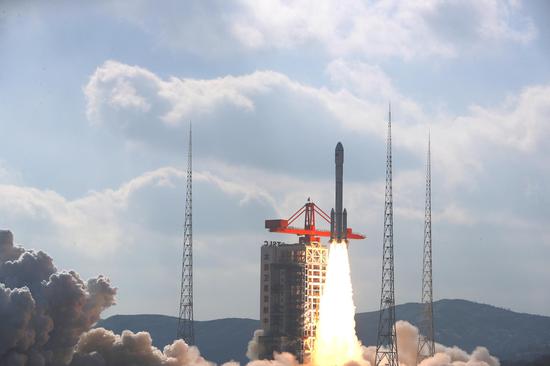



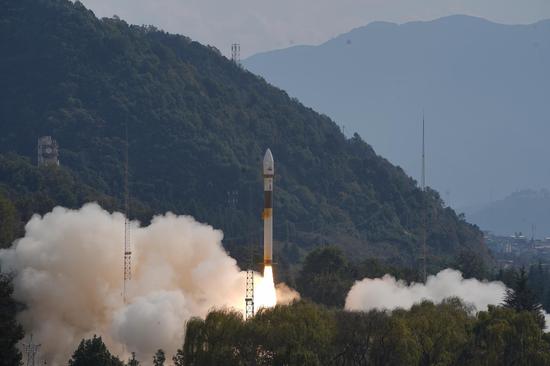

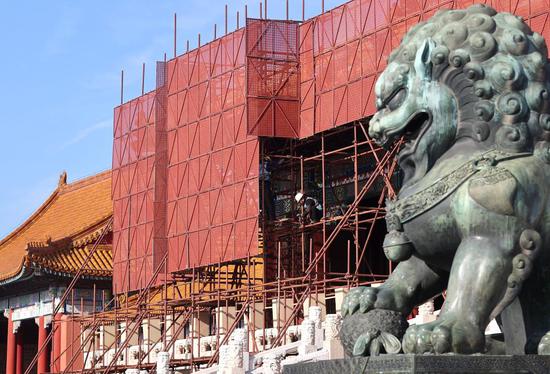


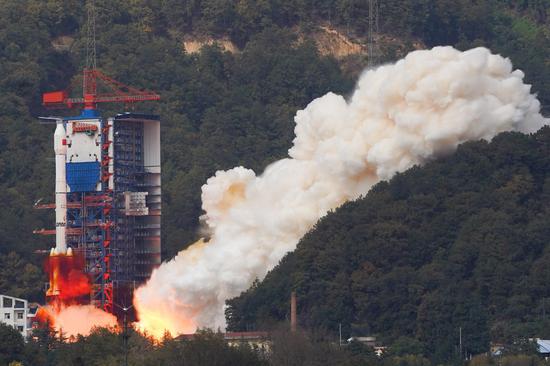
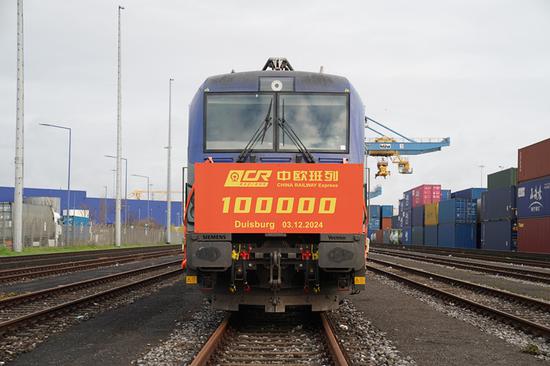

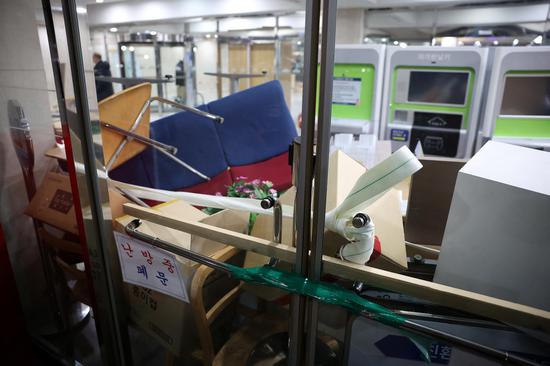
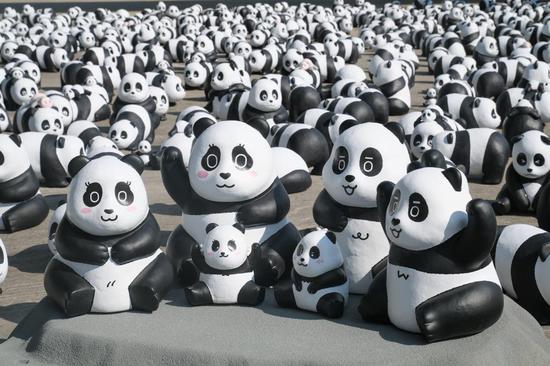



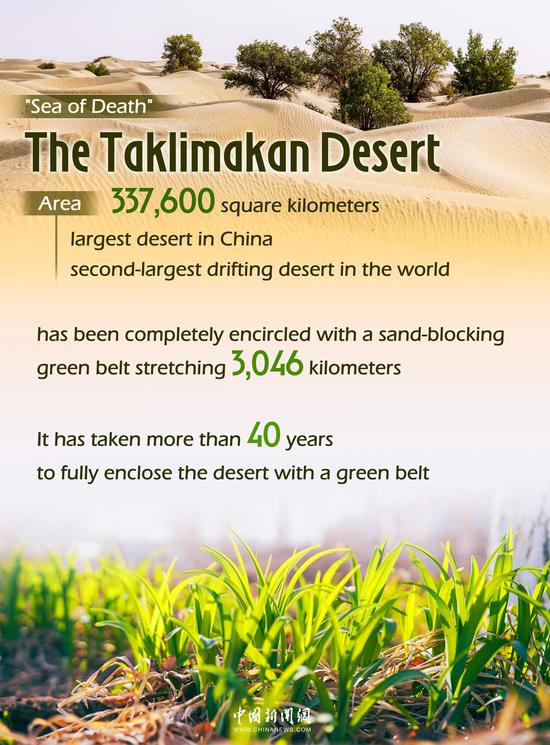



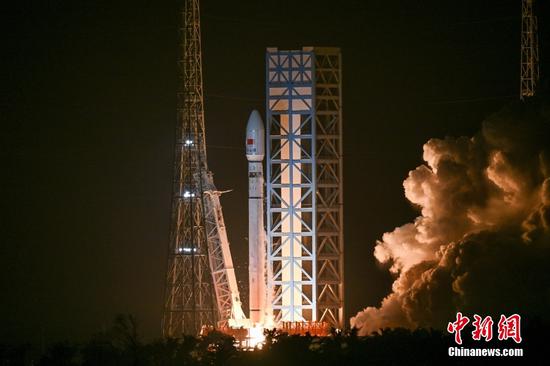

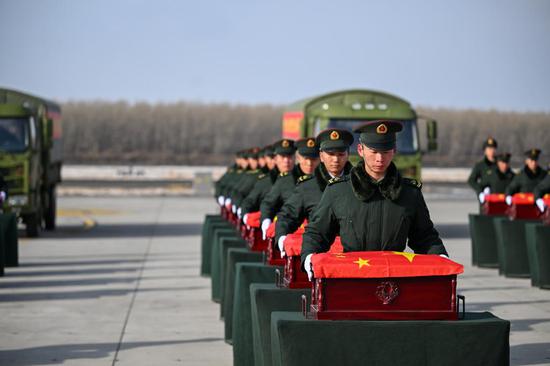
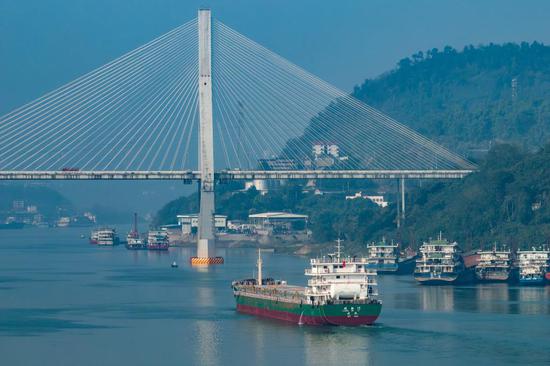
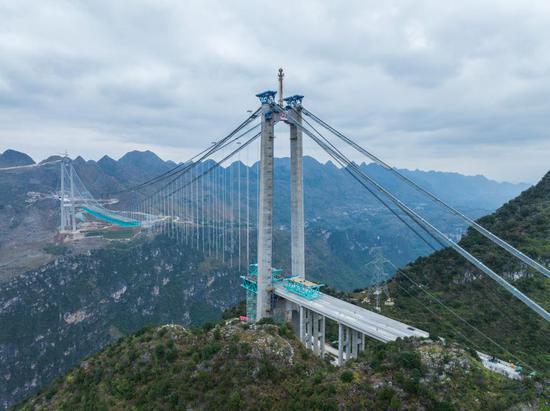

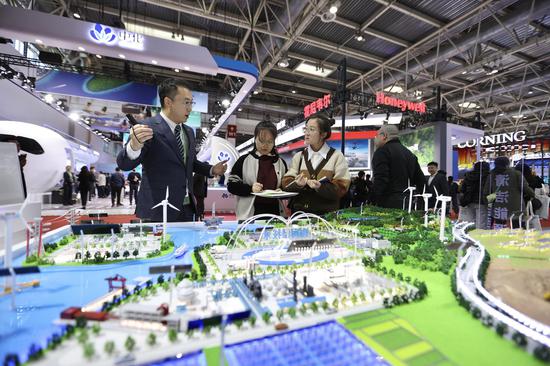
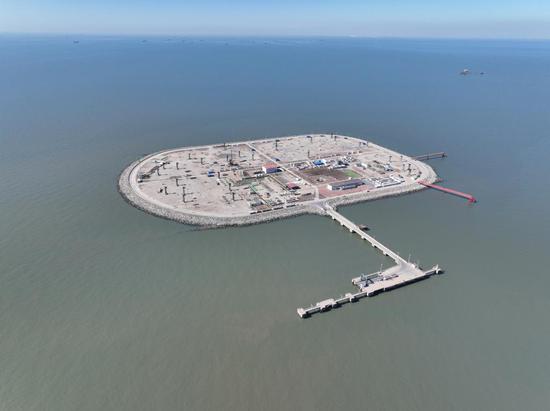


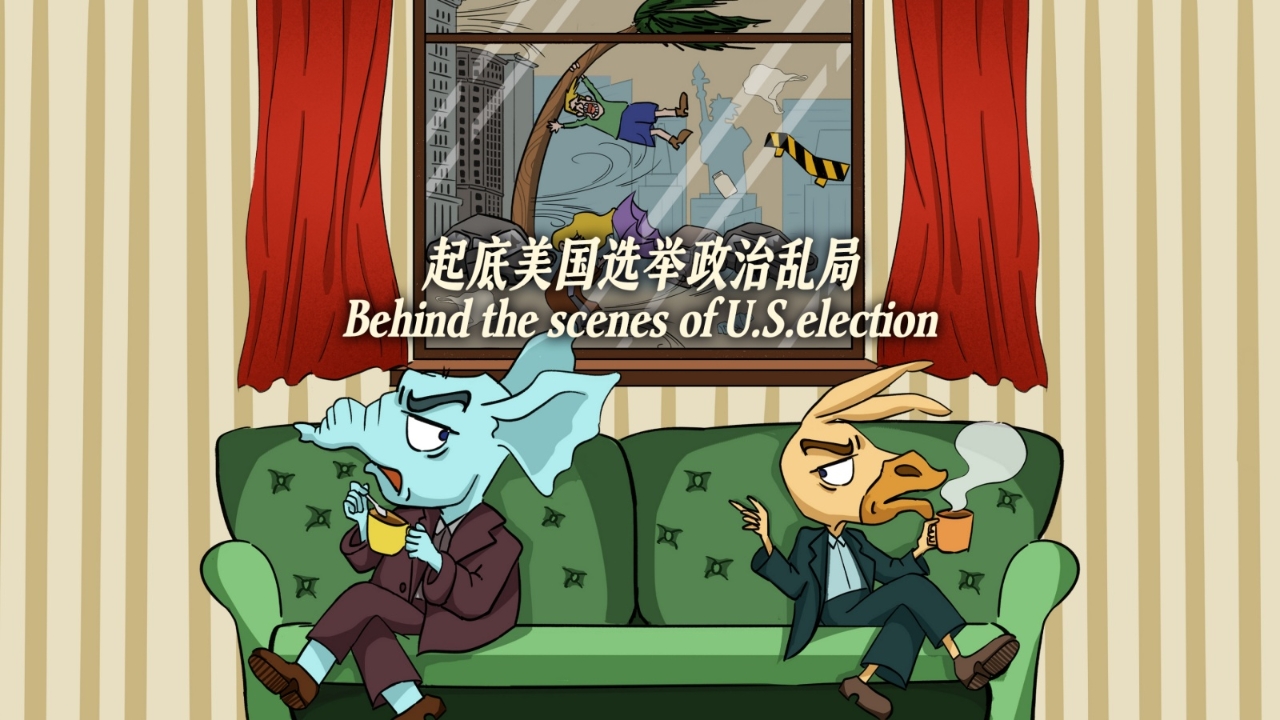



 京公网安备 11010202009201号
京公网安备 11010202009201号